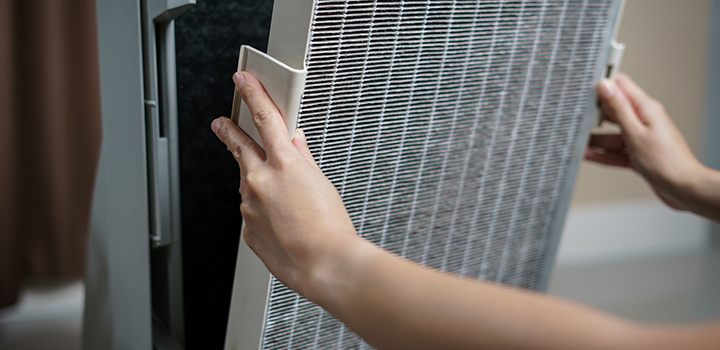Reducing the side-effects of prostate hormone therapy with exercise
By: News Archive

A prescription of short-term exercise for patients with advanced prostate cancer could help to reduce the side-effects of hormone therapy, according to new research from the University of East Anglia.
Researchers from the Norfolk and Norwich University Hospital (NNUH) and UEA led a trial which involved patients who were due to start androgen deprivation therapy (ADT).
Fifty patients took part in the research study, with half of the participants taking part in two supervised exercise sessions a week for three months at specialist exercise science facilities at UEA.
The trial aimed to reduce the adverse side-effects of hormone therapy such as weight gain and an increased risk of heart problems and assessed participants’ health three months after their exercise programme.
The findings, which have been published in the British Journal of Urology International (BJUI), showed that the three month programme of aerobic and resistance training intervention prevented adverse changes in cardiopulmonary fitness and fatigue for those taking part in the trial.
Prof John Saxton, from UEA’s Norwich Medical School, said: “Structured exercise programmes have much to offer people living with common cancers. Hormone treatments for prostate cancer are known to have undesirable side-effects, which increase a man’s susceptibility to cardiovascular disease.
“This research shows that some of the harmful side-effects of hormone therapy are reduced in men who begin to exercise regularly around the same time that these drugs are prescribed.
“Our findings have important implications for the quality of prostate cancer survival,” he added.
Wilphard Ndjavera, Clinical Fellow for Urology at NNUH, said: “All the patients really enjoyed the sessions and the results have suggested that exercise does work to reduce these harmful side effects of treatment. It is one of only two studies in the world to look at this.”
“After the supervised exercise was withdrawn, differences in cardiopulmonary fitness and fatigue were not sustained, but the exercise group showed higher quality of life and reduced cardiovascular risk compared to the control group.”
“These findings have important implications for clinicians concerned with the management of ADT-related side-effects.”
‘Exercise‐induced attenuation of treatment side‐effects in patients with newly diagnosed prostate cancer beginning androgen‐deprivation therapy: a randomised controlled trial’ is published in the British Journal of Urology International (BJUI).
Related Articles

Air cleaners don’t stop you getting sick, research shows
Air filtration systems do not reduce the risk of picking up viral infections, according to new research from the University of East Anglia.
Read more
Wearable technology orthopaedic research shortlisted for national award
A project to support patients with their hip and knee replacement recovery using wearable technology has been shortlisted for a national innovation award.
Read more
Six UEA professors named in Highly Cited Researchers 2023 list
Six UEA professors have been named in the annual Highly Cited Researchers list for 2023, which celebrates some of the most influential researchers in the world today.
Read more